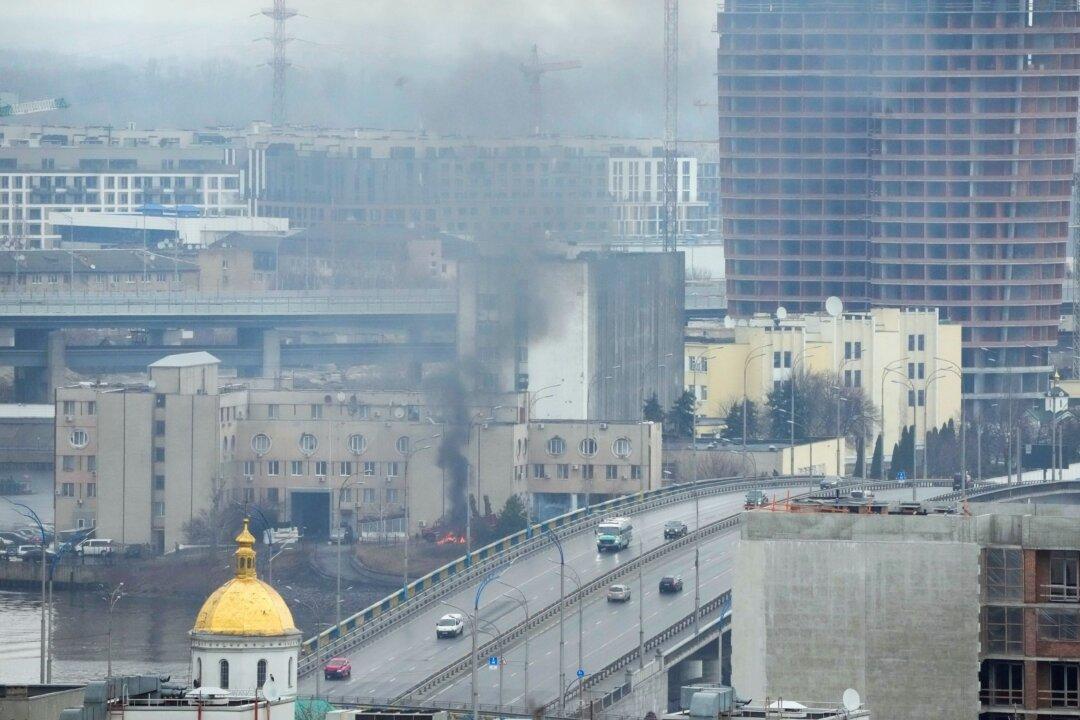Commentary
Many believe that after Ukraine, the Chinese regime will invade Taiwan. But the course of the war and the Russian forces’ poor performance suggests that a Taiwan invasion will go very badly for China.

Many believe that after Ukraine, the Chinese regime will invade Taiwan. But the course of the war and the Russian forces’ poor performance suggests that a Taiwan invasion will go very badly for China.